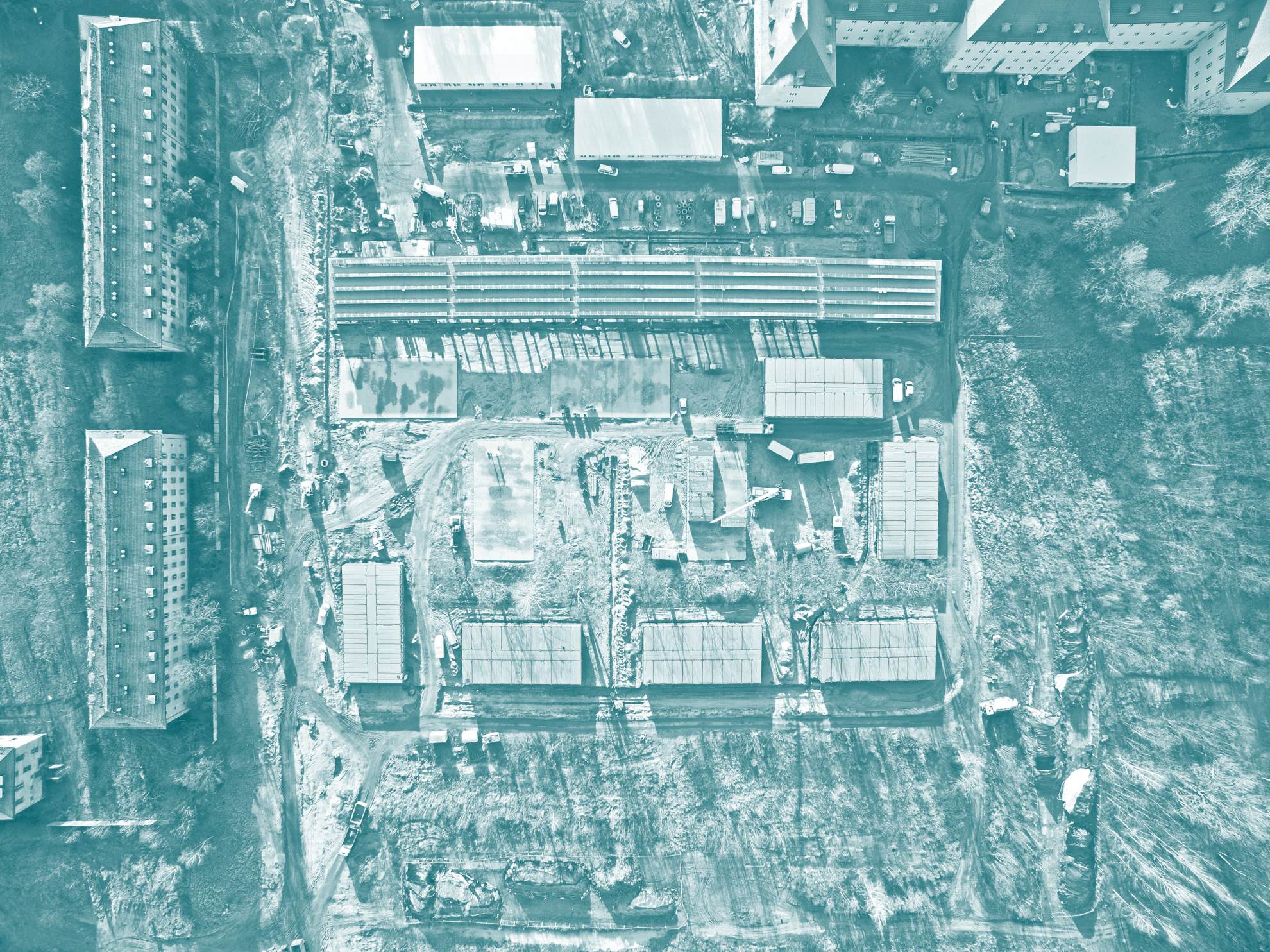18 June 2021 10:20 Contested Monuments
A Belgian “Museum within a Museum”: From Royal Museum for Central Africa to AfricaMuseum
Georgi Verbeeck (Maastricht University / University of Leuven)
The prestigious Royal Museum for Central Africa (RMCA) in Tervuren, an affluent suburb near Brussels, is probably the most controversial “site of memory” publicly demonstrating changing postcolonial memories in Belgium. Today, the RMCA, renamed “AfricaMuseum” in 2018, is essentially an ethnographic and natural history museum with a strong focus on Central Africa. The AfricaMuseum has deep roots in colonial history. It was first built to showcase Belgian monarch Leopold II’s Congo Free State at the 1897 Brussels International Exposition. Leopold II wanted to publicise the “civilizing mission” and economic opportunities available in the colony to a wider (domestic and international) public. Leopold’s materialized “mission” would to a large extent survive the decolonization of the Belgian Congo in 1960. The museum had essentially “remained frozen in time”, as it showed what a museum looked like in the mid-twentieth century. As one of the last vestiges of colonial heritage, the museum was in need of a radical redesign, a process that started in 2005 and would be concluded in 2018 with the reopening of a drastically refurbished building. The paper looks into both the accomplishments and shortcomings of the renovation process of the AfricaMuseum. For a proper understanding of the current mission of the museum, a wider contextualisation of current debates, in academia as well as in the wider public arena, on colonialism and postcolonialism in present-day Belgium is needed.
Georgi Verbeeck is an Associate Professor of Modern History and Political Culture at Maastricht University and a part-time (Full) Professor of German History at the KU Leuven. He holds a BA in History (1981) and Philosophy (1982), an MA in History (1983), and a PhD in History (1991) from the University of Leuven. His research focuses on modern and contemporary German history, the history of historiography, and the politics of memory, political radicalism and totalitarianism. He is a former fellow at the Institute für Europäische Geschichte in Mainz and the Netherlands Institute for Advanced Studies (NIAS) in Wassenaar, and has served as guest lecturer and professor at the universities of Stellenbosch, Pretoria, and Sabah (Malaysia). He co-directed the internal research project (funded by the Netherlands Organisation for Scientific Research NWO) “Totalitarianism and Competing Memories in Europe after 1989”.
